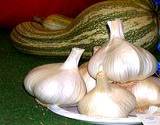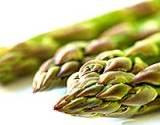|
Grandma's Phosphorus Deficiency GuidePhosphorus is needed for bone and tooth formation, cell growth, contraction of the heart muscle, and kidney function. It also assists the body in the utilization of vitamins and the conversion of food to energy. A proper balance of magnesium, calcium, and phosphorus should be maintained at all times. If one of these minerals is present either in excessive or insufficient amounts, this will have adverse effects on the body. Phosphorus deficiencies are rare, but can lead to symptoms of:
Natural Sources of Phosphorus from FoodPhosphorus deficiency is rare because this mineral is found in most foods, especially carbonated soft drinks. Significant amounts of phosphorus are contained in:
Comments: Excessive amount of phosphorus interfere with calcium uptake. A diet consisting of junk food is a common culprit. Vitamin D increases the effectiveness of phosphorus.
|








